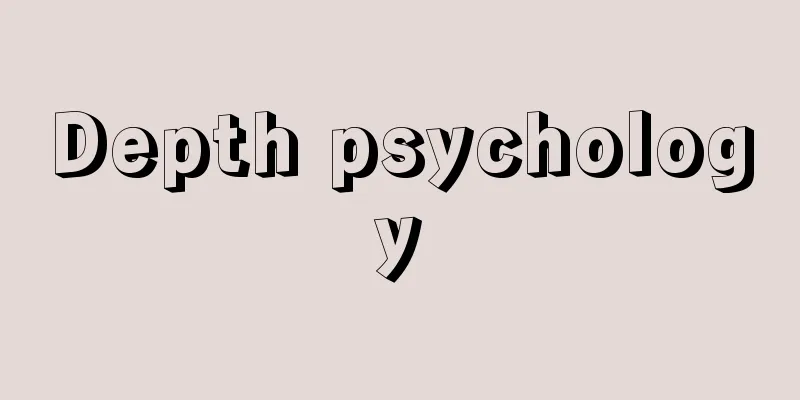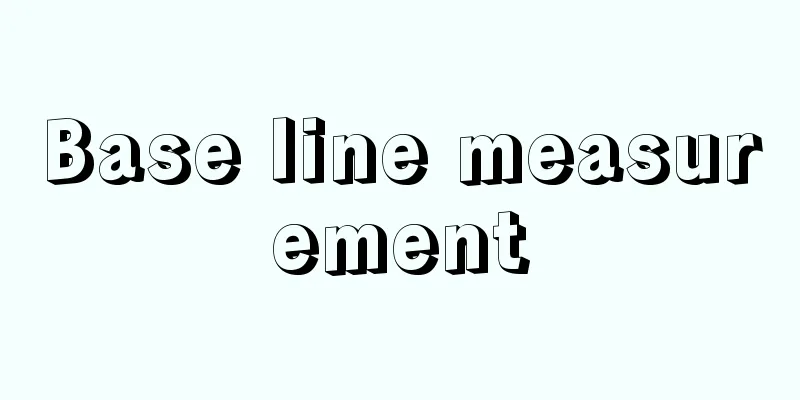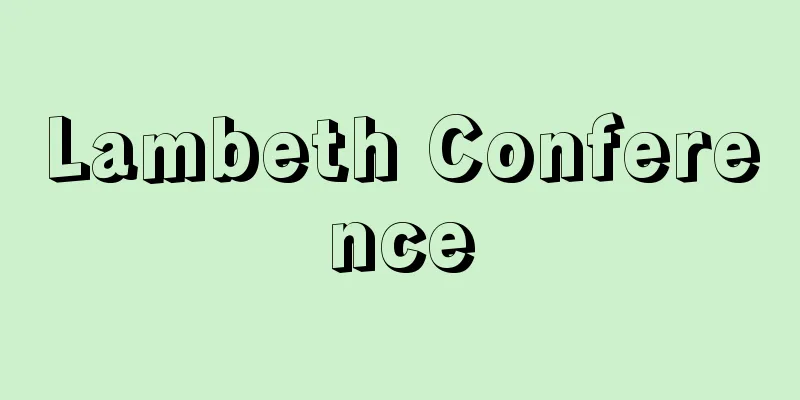Depth psychology

|
This refers to psychoanalytic psychology that focuses on the unconscious. In general psychology, conscious perception, memory, thinking, etc. are studied, and methodologically, emphasis is placed on objective observation. In contrast, psychoanalysis places emphasis on the unconscious, which is not conscious, rather than on consciousness. This is because consciousness is revealed by the unconscious. In this sense, psychoanalysis that seeks to study the unconscious (deep) rather than the conscious (surface) is called depth psychology. Freud's psychoanalysis changed its emphasis between the early and later periods, with the ego being the focus of his research in the later period, rather than the unconscious, which was the focus of his research in the early period. Therefore, to distinguish between the early and later periods, the early period is called depth psychology, and the later period ego psychology. In this sense, depth psychology is not opposed to conscious psychology, but to ego psychology. Either way, they are the same in that they both attempt to address the deep level of the unconscious. [Daisaku Tonobayashi and Masamichi Kawabata] "The Ego and Defenses, 2nd Edition, by Anna Freud, translated by Daisaku Tonobayashi (1985, Seishin Shobo) " "The Unconscious, by Freud, translated by Kazunari Shingu (Collected in the Complete Works of Freud 14, 2010, Iwanami Shoten)" [Reference items] | | |Source: Shogakukan Encyclopedia Nipponica About Encyclopedia Nipponica Information | Legend |
|
無意識を対象とする精神分析的心理学のことをいう。一般の心理学では意識的な知覚、記憶、思考などが研究され、方法的には客観的に観察されることが重視される。これに対して精神分析は、意識よりも、意識されることのない無意識を重視する。それというのも意識は無意識によって明らかにされるものだからである。この意味で、意識(表層)でなく無意識(深層)を研究しようとする精神分析のことを深層心理学という。 フロイトの精神分析は前期と後期では重点の置きどころが変わり、前期における研究の中心であった無意識にかわって、後期においては自我が問題として取り上げられるようになった。そのため前期と後期を区別するために前期を深層心理学、後期を自我心理学とよんでいる。この意味では深層心理学は意識心理学に対立するものでなく、自我心理学に対立するものである。いずれにしても、無意識という深層を問題にしようとしている点では同じことである。 [外林大作・川幡政道] 『アンナ・フロイト著、外林大作訳『自我と防衛』第2版(1985・誠信書房)』▽『フロイト著、新宮一成訳「無意識」(『フロイト全集14』所収・2010・岩波書店)』 [参照項目] | | |出典 小学館 日本大百科全書(ニッポニカ)日本大百科全書(ニッポニカ)について 情報 | 凡例 |
Recommend
Decathlon
...It is also called the "king of sports&quo...
Song Dynasty Art (English: Song Dynasty Art)
The Song dynasty (960-1279) is divided into the No...
Gazetier
…The original meaning of the word Gazette is said...
Oxya chinensis (English spelling) Oxyachinensis
…[Tokuji Chiba]. … *Some of the terminology that ...
Nakatomi's residence guardian
Years of birth: unknown. A poet from the Nara peri...
Hagen - Hagen (English spelling)
An industrial city in North Rhine-Westphalia, wes...
Kannon Sutra - Kannon Sutra
A Buddhist scripture. This is a volume containing ...
Moira (English spelling)
Greek goddesses of fate. Usually the plural Moira...
Karelian language
A language spoken in the Republic of Karelia, Russ...
Shrine
A general term for Taoist temples, shrines, Buddh...
Arm Strangling - Udejime
…Compression of the neck by the hand is called th...
Fried kelp - Fried kelp
...The use of kelp developed in the Kansai region...
Andronovo culture
A Bronze Age culture that occupies a period in the...
Shionoya Toin
A Confucian scholar of the late Edo period. Born ...
Zinc sulfate
Zinc sulfate, commonly known as the heptahydrate,...









